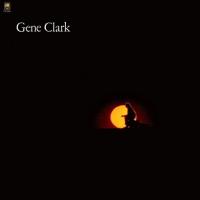|
Aug 22, 2018
|
Sep 07, 2018
|
Sep 09, 2018
|
Sep 10, 2018
|
Oct 14, 2018
|
Oct 18, 2018
|
Oct 20, 2018
|
Oct 23, 2018
|
Oct 31, 2018
|
Nov 02, 2018
|
Nov 06, 2018
|
Nov 27, 2018
|
Nov 29, 2018
|
Jan 01, 2019















